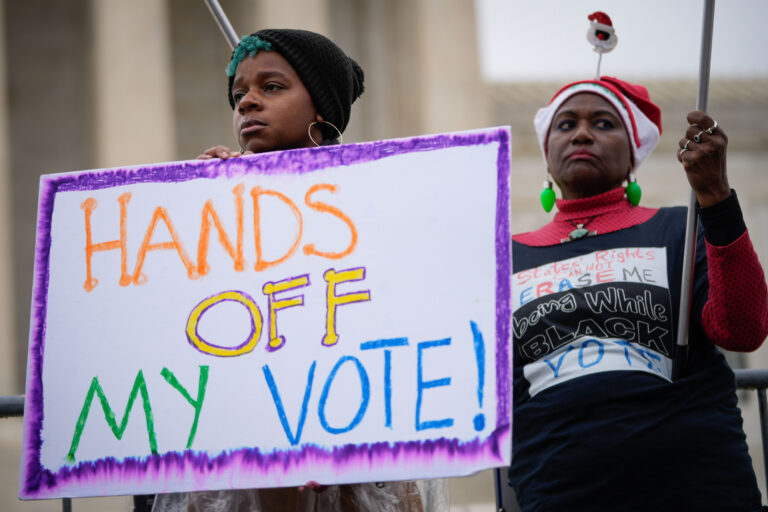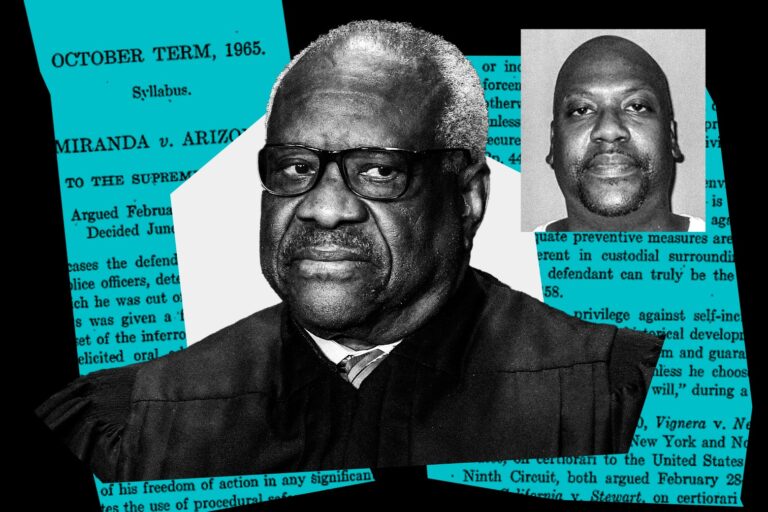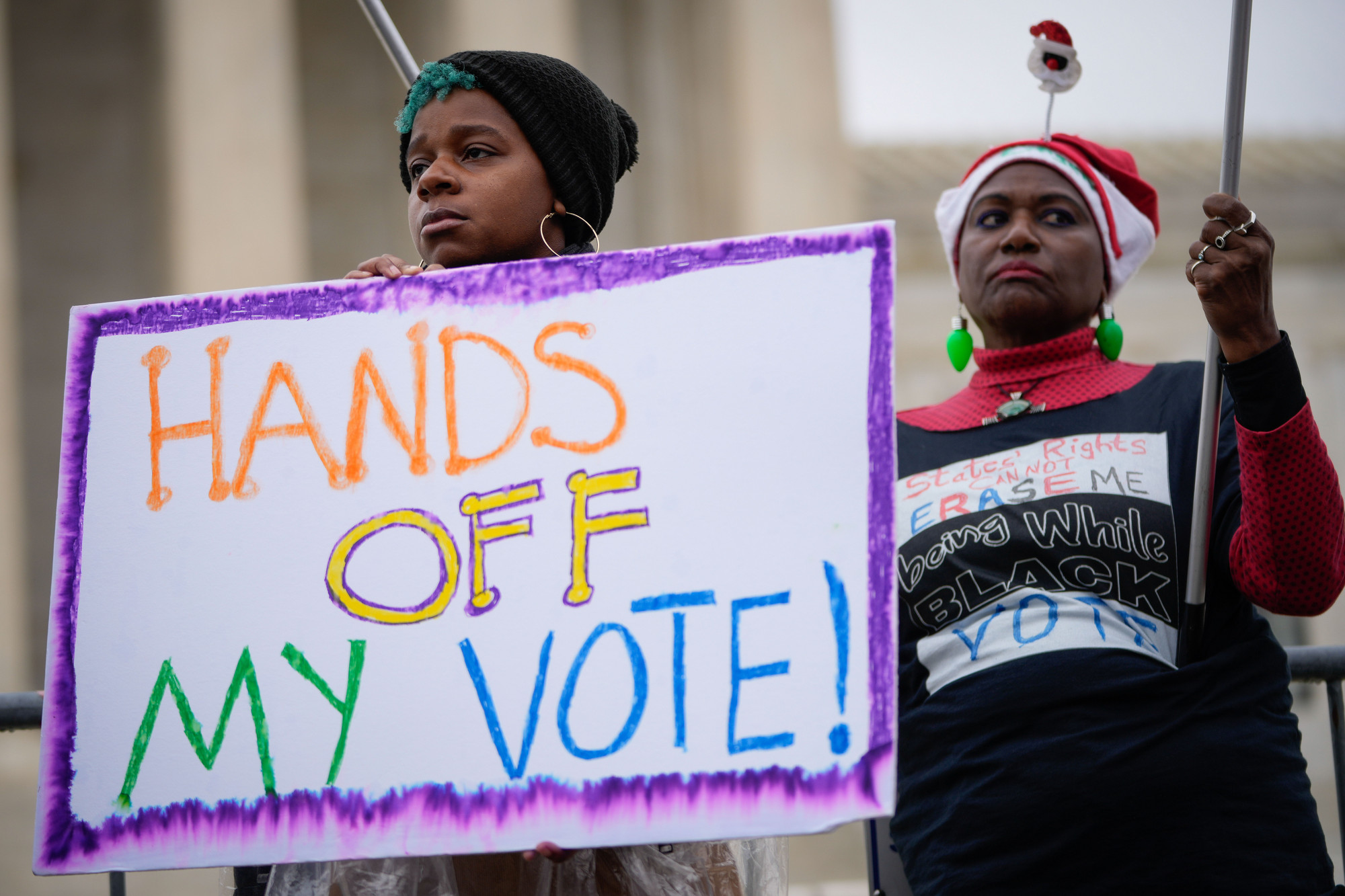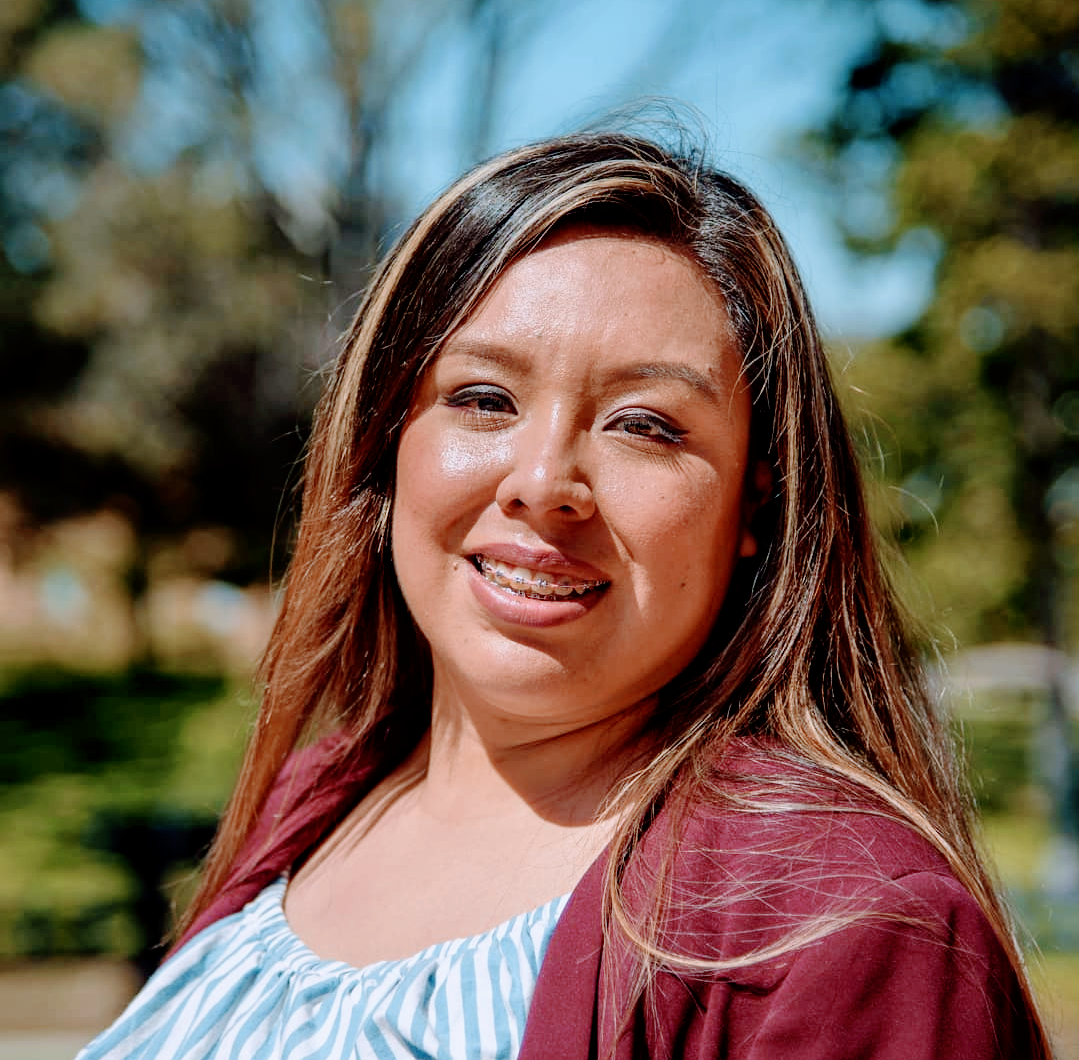How a California tribe won their ancestral land back
More Of This
Globally, Indigenous peoples protect 80% of the earth’s biodiversity on the lands they’ve maintained for centuries, despite being only 5% of the world’s population. And when Indigenous peoples have sovereignty over their lands — that is, the ability to own and care for land in accordance with their traditions and desires — everyone benefits.
No one understands that dynamic more than the Winnemem Wintu tribe.
The tribe, which is located in the Shasta Cascade region of Northern California, has been fighting for almost a decade to reintroduce their sacred salmon, the winter-run Chinook, to the McCloud River. For millennia, the tribe ensured the safe travel of the Chinook upstream to colder waters, so the fish could reproduce. They’d light fires at night along the river, as well as physically carry fish in baskets on foot if there were obstacles along the way.
Read the rest on Vox
A trans teen in an anti-trans state
Less Of This

On the last morning of July, Kristen Chapman was getting ready to leave Nashville. Chapman, who is in her early fifties and wears her silver hair short, sat on a camp chair next to a fire pit outside the rental duplex where her family had lived for twelve years. She was smoking an American Spirit and swatting at the mosquitoes that kept emerging from the dense green brush behind her. Her husband, Paul, who was wearing a T-shirt with the Guinness logo, carried boxes out to the front lawn. Their daughters, Saoirse and Willow, who were seventeen and fifteen, were inside, still asleep. Chapman looked down at the family’s beagle mix, Obi-Wan Kenobi, who was drinking rainwater out of a plastic bucket. “We got him when we moved in here for the kids,” she said. “He’s never lived anywhere else.”
Paul was planning to stay in town; Chapman was heading to Richmond, Virginia, with Saoirse and Willow. Chapman and Paul’s marriage was ending, but the decision to split their family apart had happened abruptly. Willow is trans, and had been on puberty blockers since 2021. In March, Tennessee’s governor, Bill Lee, had signed a bill that banned gender-transition treatment for minors across the state.
Read the rest on the New Yorker
How the Supreme Court set the stage for today’s massive blowback to multiracial power.
Perspective

Sheryll Cashin is a law professor at Georgetown University and author of several books on racial justice and American democracy.
A new Supreme Court term is upon us and voting rights and race consciousness continue to be contested. Last June, the court issued an opinion that ended race-based affirmative action in college admissions. But it also gave Black voters in Alabama a surprise win in the redistricting case of Allen v. Milligan. And now, with this current session, it will once again consider a redistricting case with strong racial ramifications.
Collectively, these cases have implications for the American slide toward autocracy.
Read the rest on Politico
SCOTUS right flank's effort to dismantle defendants rights is nearly complete
Speaking Of...

LaDoris Hazzard Cordell is a retired judge who served on the Superior Court of Northern California and is the author of Her Honor: My Life on the Bench … What Works, What’s Broken, and How to Change It.
“Precedent plays an important role in promoting stability and evenhandedness.” Those were the words of Chief Justice John Roberts at his 2005 confirmation hearing before the Senate Judiciary Committee explaining the importance of respecting judicial precedent. He went on to say that when weighing whether to overturn an important decision like Roe v. Wade, justices need to consider many factors, adding, “I do think the considerations about the court’s legitimacy are critically important.”
Yet, in the past two terms, Roberts and his five conservative colleagues—the court’s recently developed conservative supermajority—have thumbed their noses at judicial precedent by overturning Roe and by overturning fourSupreme Court decisions that upheld affirmative action in college admissions. Entering a new term, it’s important to understand that this is just the beginning. One of the court’s future targets is going to be bedrock principles protecting the rights of criminal defendants.
Read the rest on Slate










